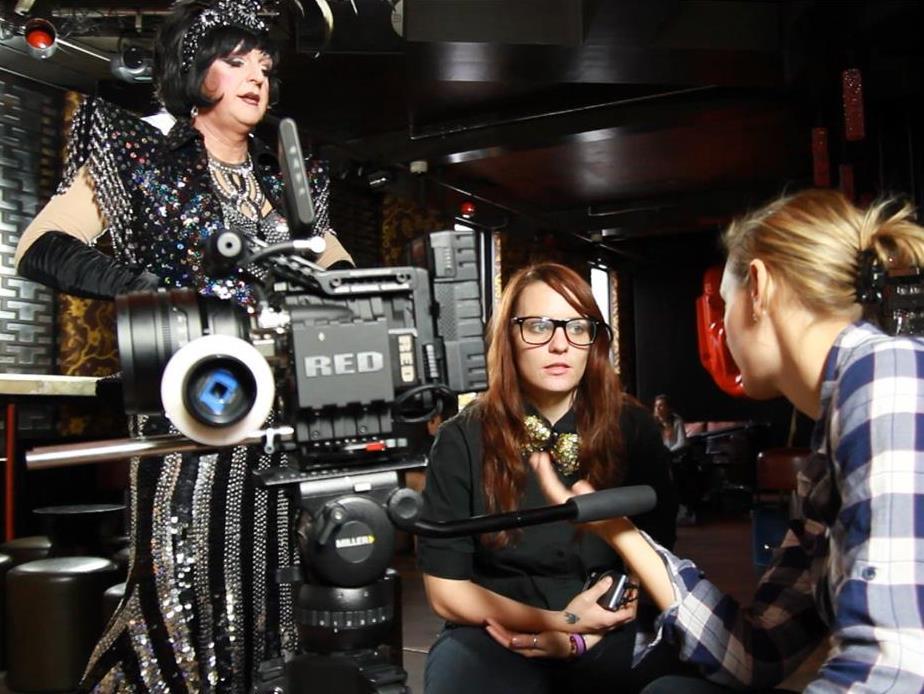Women remain strikingly under-represented in the screen sector. Figures released in May 2015 show gender imbalance is most notable in traditional film, with women accounting for 32% of producers, 23% of writers and only 16% of directors.
But since then Screen Australia’s Gender Matters program has begun to address the issue of gender equality, spearheading work across the sector to ensure emerging female producers, writers and those in technical roles have broad opportunities across genres.
The future for women in the industry is looking positive, particularly with the recent success of female fronted features such as Hidden Figures, which proved once and for all that women’s stories have an audience. On the other side of the camera, the forthcoming Wonder Women movie is the highest budget film ever directed by a woman.
Writer and director Kim Ramsay also believes the future is looking brighter for women in the industry, although it is still hard-going.
‘If I’m looking at my peers who are all in that similar age bracket of mid-thirties and all trying to get to that next level, financial stability is still an issue for a lot of us,’ said Ramsay.
She advises those starting out to build a strong support network. ‘There are many great organisations like WIFT, ADC, Screen Vixens and Film Fatales. Get out there and meet other filmmakers,’ said Ramsay.
‘When I go to these networking events we aren’t competing with each other, we are supporting one another and it’s important to learn from each other.’
Breaking the culture of denial
Emerging screenwriter, director and producer Ellen Hodgson said the biggest challenge facing women in the industry at the moment is blindness to existing inequality.
‘There’s this general idea that the only reason there aren’t as many females working is because they either haven’t applied or they just don’t exist. This simply isn’t true. As a small example if you look at the number of female-directed films that were finalists in Tropfest 2016 vs 2017, there is something like a 50% increase [of work by women] because they made the films anonymous.’
Thanks to new initiatives such as the blind voting at Tropfest and the Australian Directors Guild’s proposal for a 50% gender quota in the allocation of Screen Australia production funding people in the sector are being made aware – and even starting to act.
Hodgson is currently studying Screen and Media: Film at AFTT and has spent the past few months working in pre-production and on set as a script advisor for Guerrilla Films.
‘I think that once it’s acknowledged there is a problem, there will be more ways we can look at increasing funding, having more females involved in all roles, and to have all or at least a majority of films being made meet the Bechdel test,’ said Hodgson.
‘The amount of incredible people I’ve been lucky enough to meet, and the amazing projects I’ve been able to be apart of, far out weigh any of the negatives.’
Ramsay said filmmakers should make a continual effort to stay connected to personal projects. ‘Time goes fast and when you are busy working on other people’s projects or for clients it is really easy to lose sight of your own goals. Having accountability and that support team around you to keep you connected to your own work and goals is important.’
You also need to look after yourself, she added. ‘Have some self-compassion because it is a tough field to work in. I’ve seen a lot of us burn out every couple of years and it takes months to bounce back. You have to nurture yourself a bit and strike up some kind of balance between work and life. Eat properly and sleep when you can so you can keep going because making films is a really slow burn. It requires a lot of patience, passion and energy.’
The Essential Skills Series is brought to you in partnership with the Academy of Film, Theatre and Television.





